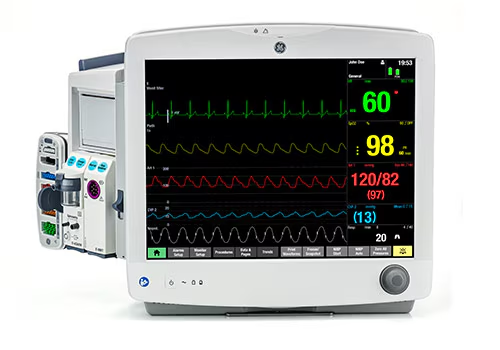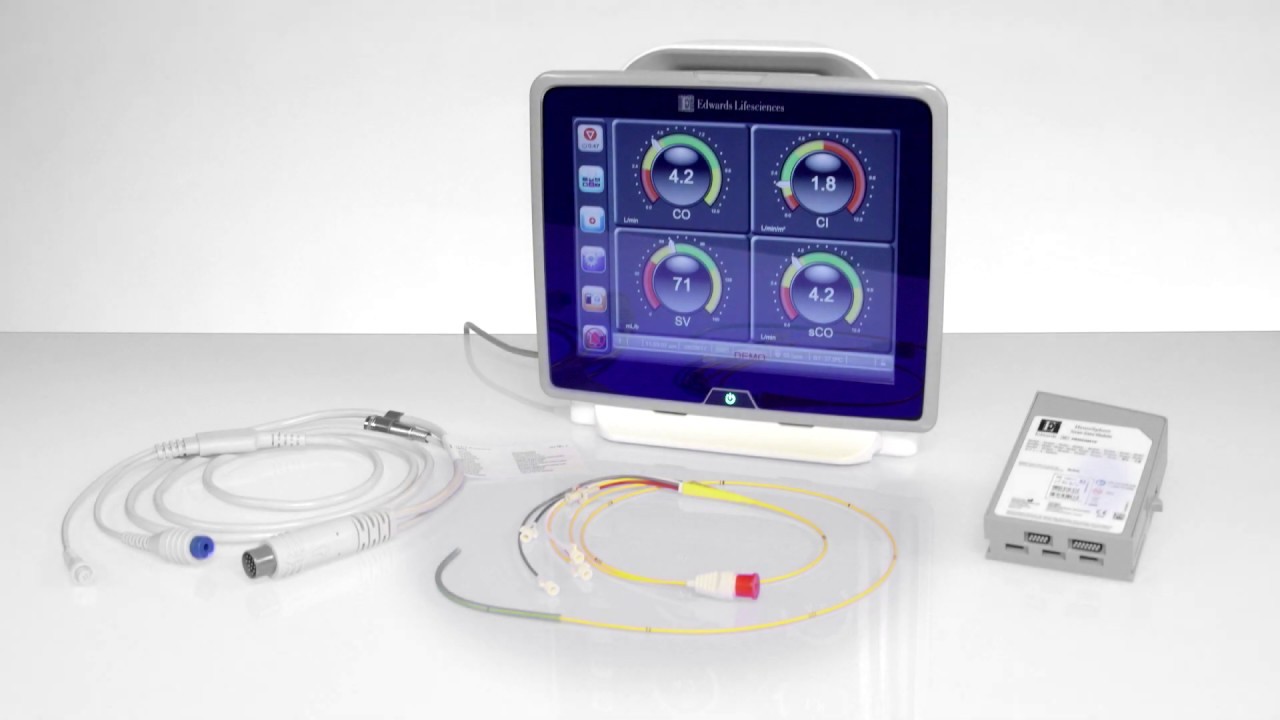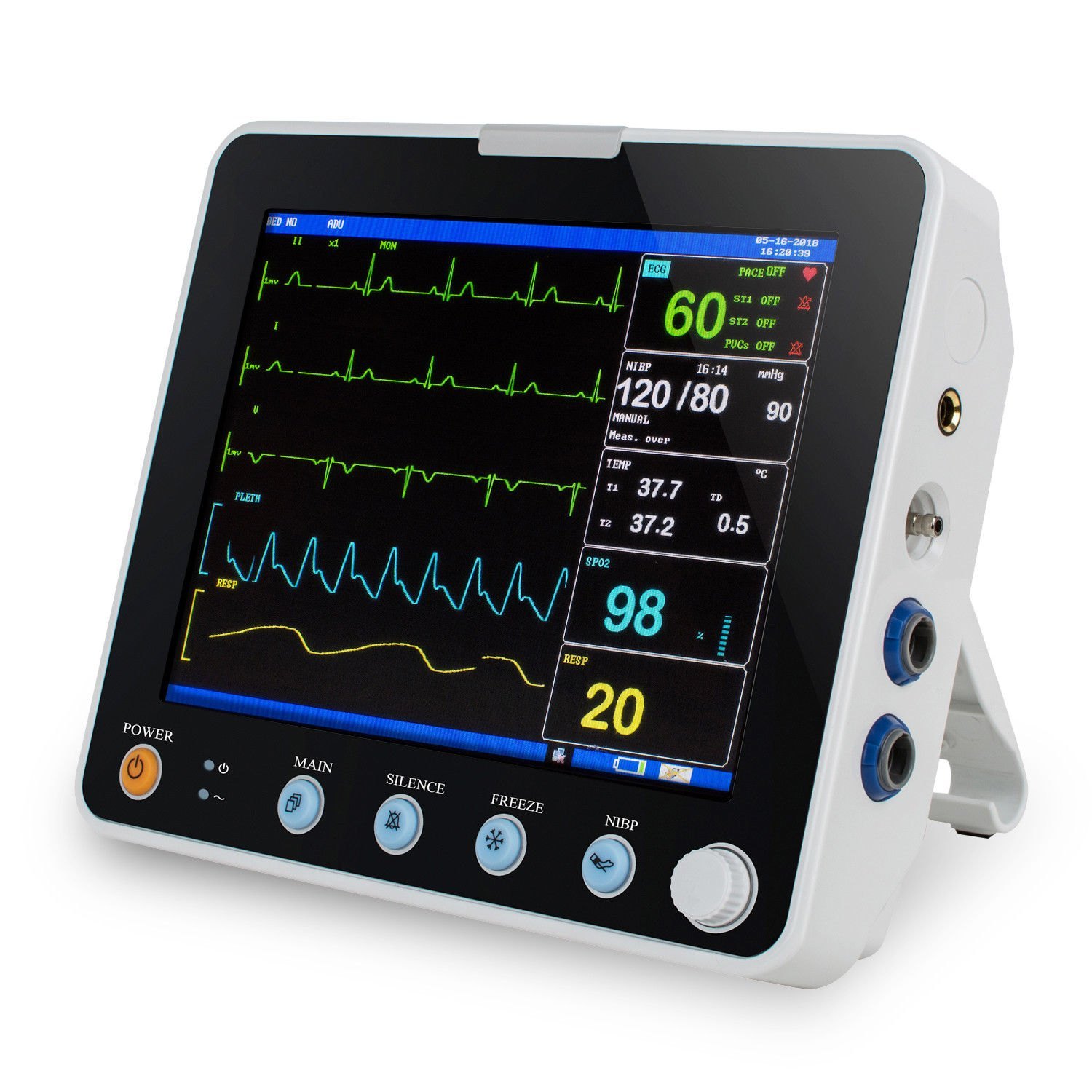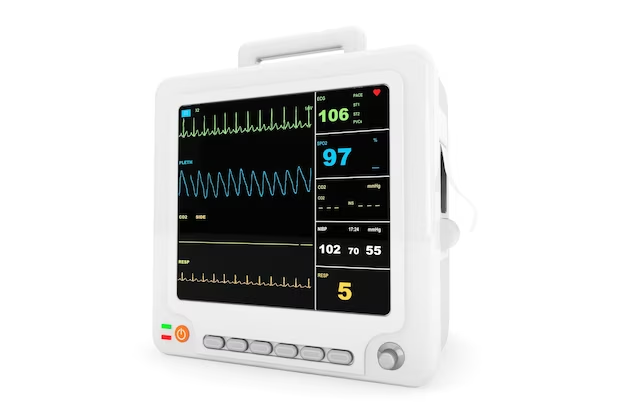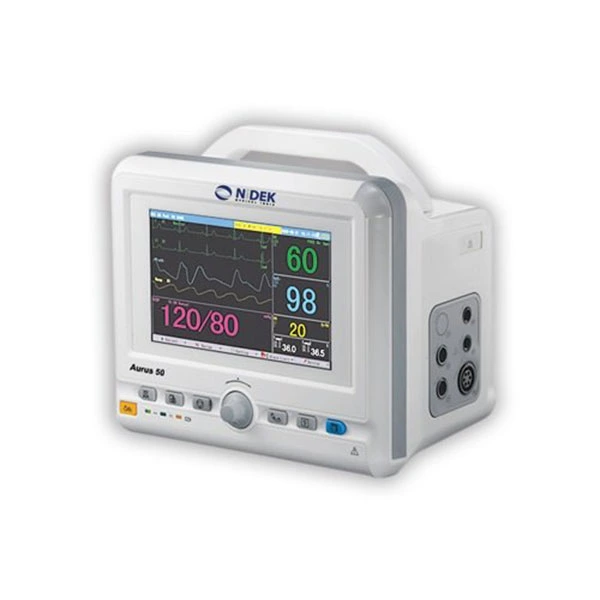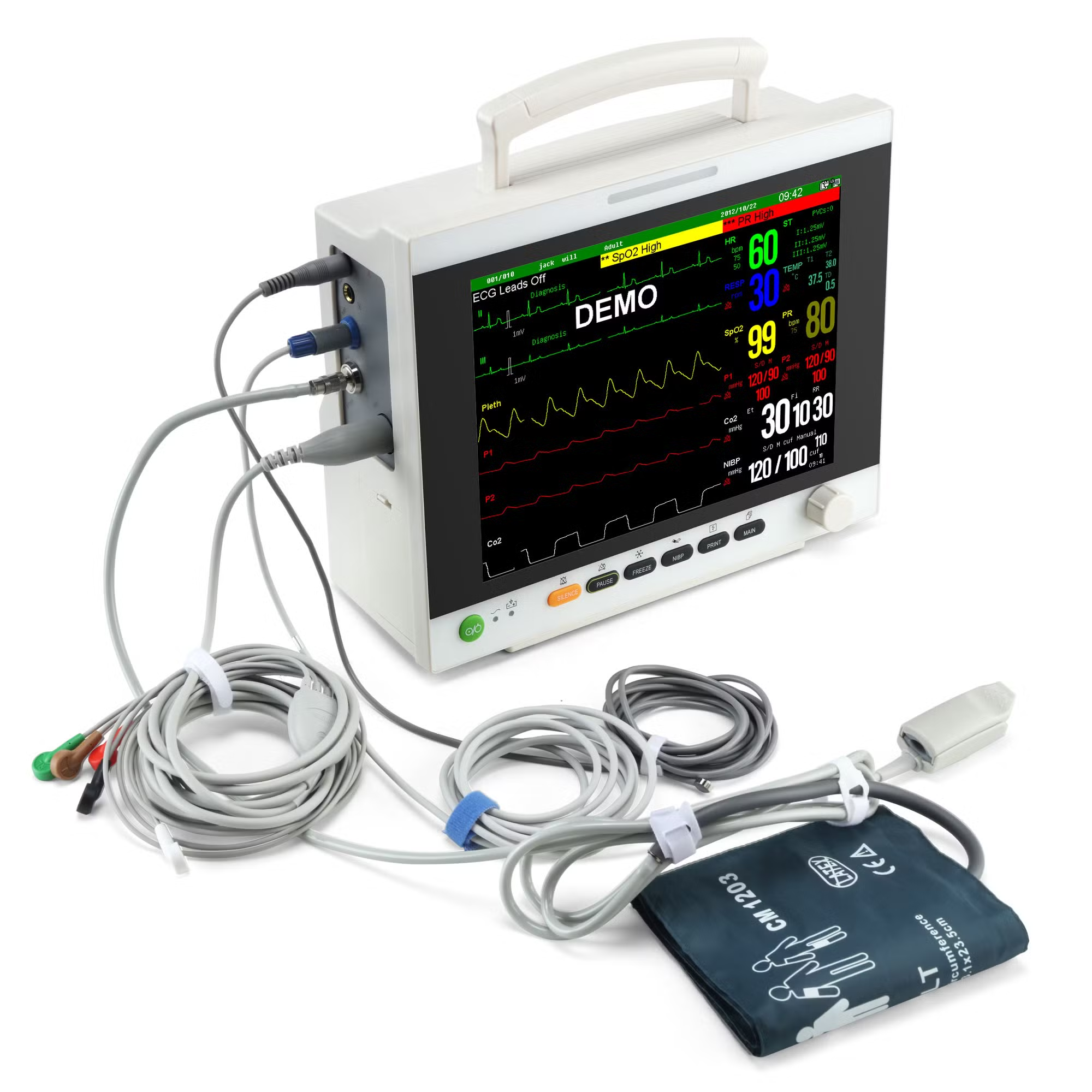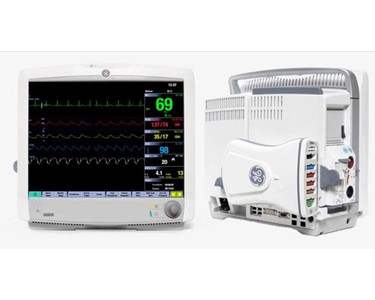Description
Cardiovascular monitoring devices have become indispensable tools in the management and treatment of heart-related conditions. These devices are designed to continuously assess heart function, monitor vital signs, and detect abnormalities, ensuring that both healthcare professionals and patients can respond promptly to any changes in cardiovascular health. From traditional electrocardiograms (ECGs) to advanced wearable technology, these devices provide crucial insights into heart rhythm, rate, and overall cardiovascular performance. They can help in diagnosing various heart diseases, guiding therapeutic interventions, and tracking the effectiveness of treatment plans.
Wearable cardiovascular monitors, such as smartwatches and fitness trackers, have gained popularity in recent years, enabling individuals to take a proactive approach to their heart health. These consumer-friendly devices often come equipped with sensors to measure heart rate, blood oxygen levels, and even symptoms of arrhythmias. By empowering patients with real-time data about their cardiovascular health, they foster a greater awareness of lifestyle habits and health risks, encouraging preventive measures. Furthermore, advancements in telemedicine mean that data from these devices can be shared with healthcare providers remotely, facilitating timely interventions while reducing the need for in-person office visits.
In clinical settings, more sophisticated cardiovascular monitoring devices are employed, including implantable loop recorders and continuous blood pressure monitors. These devices offer more comprehensive data collection, which is invaluable for managing chronic conditions such as hypertension and heart failure. For instance, continuous blood pressure monitors provide clinicians with a detailed picture of a patient’s blood pressure patterns over time, allowing for more tailored and effective management strategies. As technology continues to evolve, the integration of artificial intelligence and machine learning into cardiovascular monitoring systems is on the horizon, promising to enhance predictive capabilities and personalize patient care further. Overall, the advancements in cardiovascular monitoring devices represent a significant stride toward better management of heart health and improved patient outcomes.

